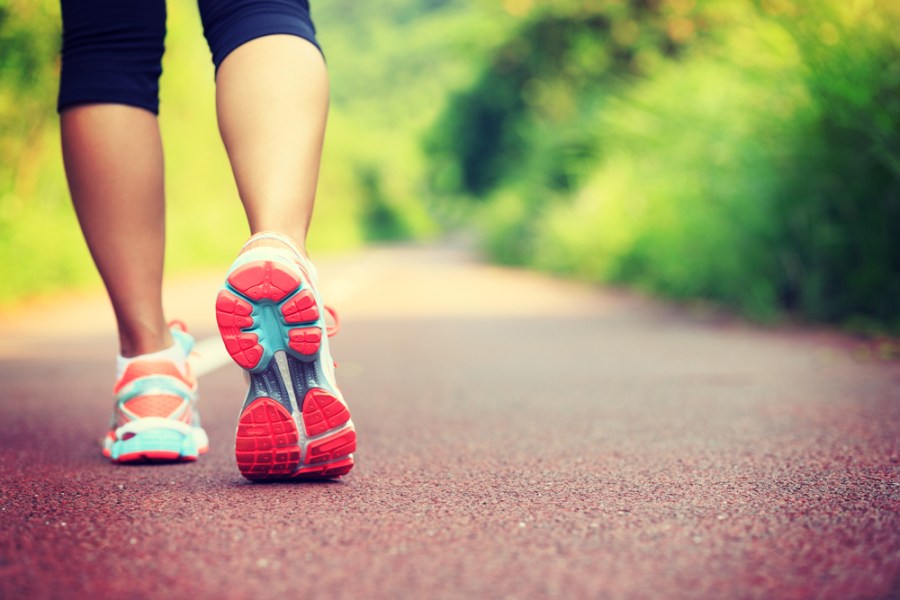Help for Heroes research shows that 56 per cent of wounded, injured and sick veterans, service personnel and their families have been exercising less since the pandemic began, with the main reason why cited as a lack of motivation (39 per cent of respondents) – despite the fact that 65 per cent of respondents use exercise to help them manage stress and anxiety.
Four wounded veterans who used exercise to overcome their own mental health challenges – including stress, anxiety, PTSD and depression – are urging others to step up to raise vital funds for wounded and sick veterans.
The four veterans, Cornelia Oosthuizen, Rob Shenton, Rachel Williamson and John Owens, reveal that learning to walk again, owning up to having a mental illness, accepting the life-changing nature of their injury and being truthful to themselves that they needed to ask for help as the biggest steps they have ever had to take in their recovery – as they encourage people across the UK to step up to help injured veterans like them get the support they need.
They also hope that, by signing up to the charity’s new fundraising challenge, Step 2 It, people will experience the benefits that exercise has given them in boosting their mental wellbeing.
Walking for a good cause
Step 2 It asks participants to sign up at Step2It.helpforheroes.org.uk and do 10,000 steps a day (or a distance of their choice) for 30 days, getting sponsors to support their challenge. With the majority of its fundraising events being cancelled due to the coronavirus pandemic, Help for Heroes hopes that Step 2 It will start plugging its fundraising deficit while giving people an opportunity to get fit in a fun way.
Hannah Lawton, Sports Recovery Manager at Help for Heroes, says: ‘Sport and exercise are massively important for many of the sick and wounded veterans that we support. Not just to help their physical wellbeing but to improve mental health. It can be a great way to re-motivate yourself after injury or illness and help you realise you can still do the things you love.’
‘Over the past few months, many people have found solace in exercising and keeping fit. But like many of our veterans, there are also those who have felt demotivated because of concerns and worries caused by the coronavirus, even though we all know that exercise makes us feel better,’ adds Hannah. ‘Our hope is that Step 2 It will give anyone and everyone across the UK a goal to work to – either to motivate them to get back into exercise, or a reason to keep up new habits formed. By taking this big step for themselves, they won’t just be helping veterans like Cornelia, Rob, Rachel and John, but will be doing themselves a favour too.’
Learning to walk again
Cornelia Oosthuizen, 41, from Wiltshire a former British Army officer, Cornelia Oosthuizen, says the biggest step she has ever had to take was learning to walk again following the amputation of her lower leg. This happened after five years of living in agony following an injury sustained while competing in the Army’s annual tennis competition in 2014. Eventually diagnosed with Complex Regional Pain Syndrome (CRPS) which is characterised by intolerable long term pain, Cornelia had her leg amputated in 2018 as a last-ditch effort to stop the pain and underwent intense rehab and physiotherapy to learn to walk again. She has since won a gold and bronze medal at the 2017 Invictus Games as a wheelchair tennis player and has her sights set on representing her country at the Tokyo Paralympics.
Help for Heroes supports those with injuries and illnesses sustained during or attributable to their service in the British Armed Forces and their families. No matter when someone served, Help for Heroes believes that those prepared to put their lives second, deserve a second chance at life. Every course and activity the charity offers aims to empower them to look beyond illness and injury, regain their purpose, reach their potential and have a positive impact on society. For more information, visit www.helpforheroes.org.uk







